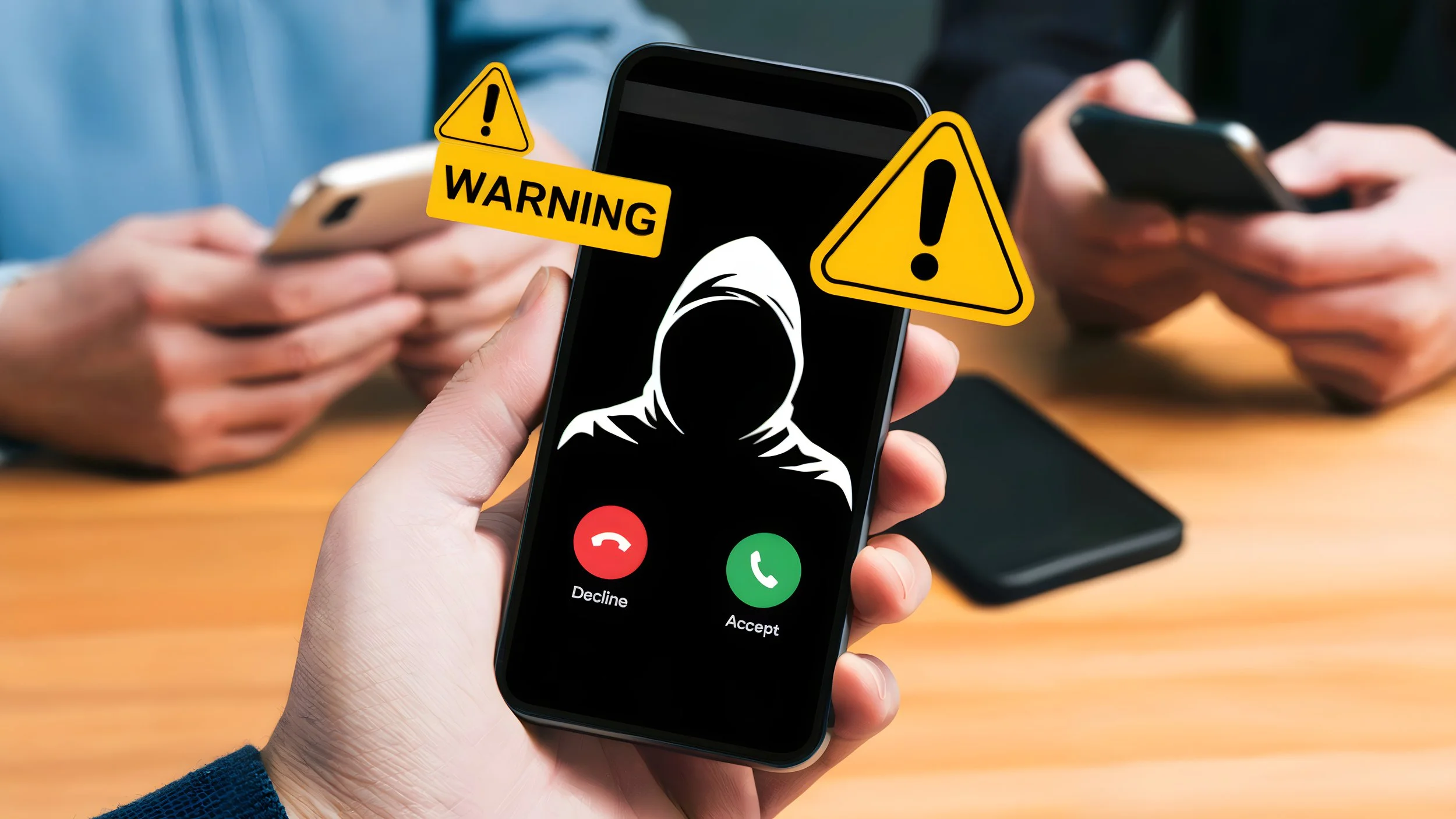Bank Caller Solicits “Donations” — It’s a Scam
📞🏦 Bank Caller Solicits “Donations” — It’s a Scam
Scammers call claiming to be your bank (or another organization) asking you to make a “donation” to the bank or to a partner organization. They may sound urgent or friendly, use spoofed phone numbers, and pressure you to send money immediately — often via non-traditional channels — to help the “bank” or a community cause. This is NOT how legitimate banks collect donations or handle customer funds.
💸 Common Tactics Scammers Use:
Caller ID shows your bank’s name or a local bank number (spoofing).
Caller claims the donation helps a bank program, disaster relief, or a “community fund.”
Asks you to send money via wire transfer, gift cards, prepaid cards, cryptocurrency, or a peer-to-peer app.
Pressures for immediate payment or asks you to keep the call secret.
Asks for account login details, debit/credit card numbers, or one-time verification codes.
Offers to “help” make the donation for you and asks for remote access to your device.
🚨 Warning Signs:
Your bank does not call customers asking for donations or payment via gift cards/crypto.
The caller requests account passwords, PINs, or authentication codes.
They insist on unusual payment methods (gift cards, wire to unknown accounts, crypto).
Caller uses high-pressure language: “Act now or funds will be lost.”
Caller asks you to install software or provide remote access to your computer/phone.
🛡️ Protect Yourself:
Hang up. Call your bank back using the phone number on the back of your card or the official website — not the number the caller gave or that shows on caller ID.
Never give passwords, PINs, or one-time codes to anyone who calls.
Do not send money via gift cards, wire transfers, cryptocurrency, or P2P apps for a “donation” requested by a caller.
If you want to donate to a bank-run community program, verify it on the bank’s official website or at a local branch. Legitimate donation pages will be on the bank’s domain and clearly described.
Use known charity verification sites (e.g., Charity Navigator, GuideStar / Candid) to confirm legitimate nonprofits. Ask for written info and take time to verify.
🧰 Helpful Resources:
📍 If You’ve Been Targeted or Scammed:
Stop all contact immediately.
If you shared account info or codes, call your bank’s fraud department right away and ask them to secure your accounts.
If you sent money (wire, gift cards, crypto), notify the payment company immediately — sometimes transfers can be reversed if caught quickly.
Consider placing a fraud alert or credit freeze if personal info was shared.
Notify the bank where the funds were (if known) and provide any details to help their fraud team.


